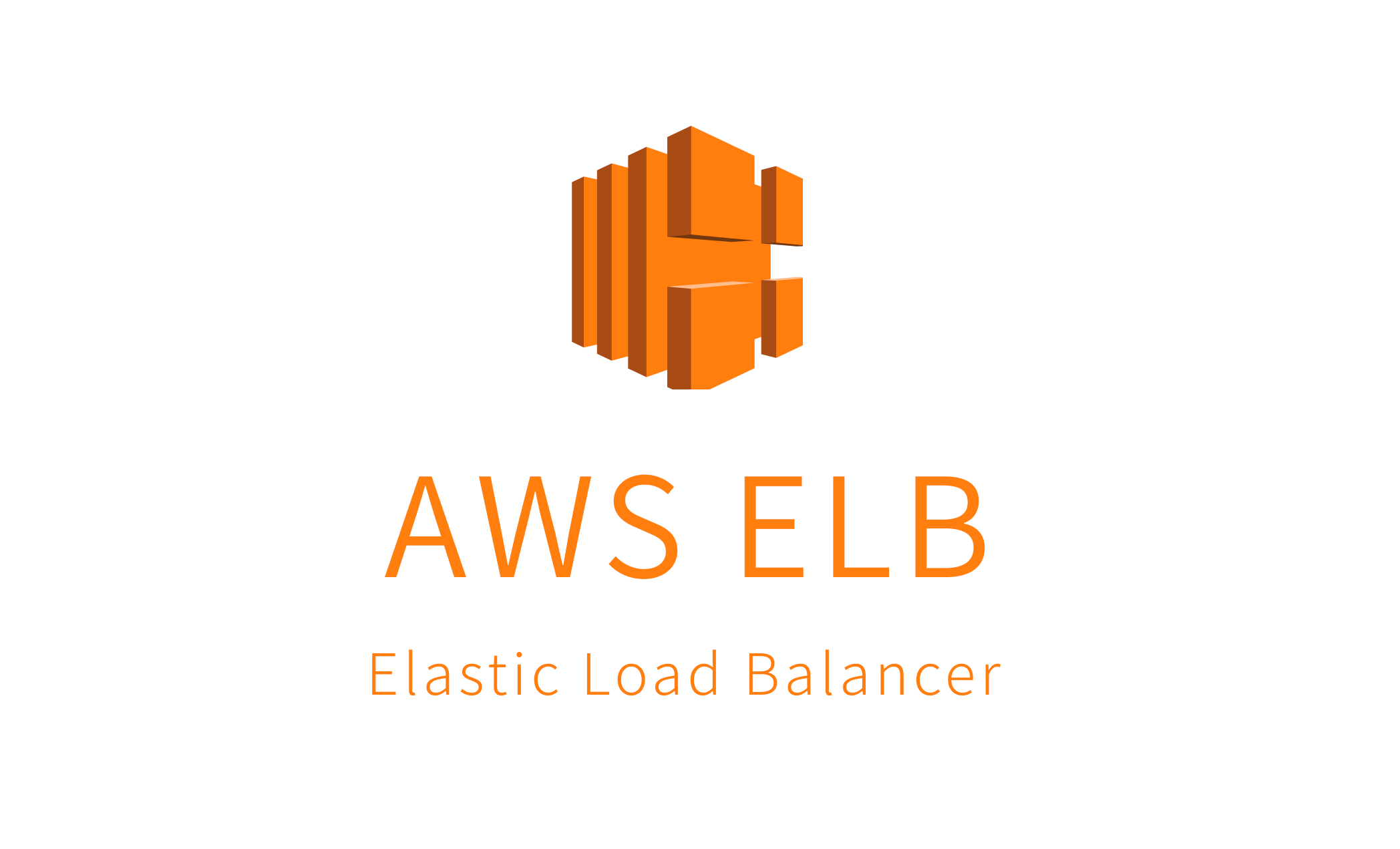Understanding Scholarly Publishing Hosting Platforms: Key Features and Benefits

The scholarly publishing process is now mostly done automatically by digital tools, making it easier for everyone to work together. AI-based advanced tools improve these processes. So, here is a guide on key features and benefits of scholarly publishing hosting platforms.
What Is a Scholarly Publishing Hosting Platform?
As more people use the Internet and depend on digital material, the need for online media sites has skyrocketed worldwide. Besides, it makes sense since posting material online increases involvement, gives you much freedom, makes sharing easy, and lowers production costs.
An online publishing platform is a software or digital service that lets producers create, post, track, and share material online. These platforms also have tools and features that make sharing different materials, such as blogs, stories, ebooks, etc., easy.
Key Features of Scholarly Publishing Hosting Platforms
One tool that might help companies reach their goals is a scholarly publishing hosting platform. Besides, here are key features you should look for in a hosting platform:
- Design That Is User-Friendly and Responsive
Many people view content on their phones or tablets, so having an interface that works well on those devices is essential. Academic journals often have complex images and math problems. This is where a publishing hosting platform ensures the layout is simple and user-friendly on all devices.
- Built-in SEO Tools
Choose a platform with SEO tools built to make your articles more visible on Google and Google Scholar. Your journal will rank higher and reach more people through relevant, organic search traffic. Besides, it can happen if it has features like organized content, optimized URLs, and description settings.
- Full-Text HTML Format Is Supported
The HTML full-text style makes the content more visible to search engines and easier for people to read. It lets you add dynamic parts, share more easily, and copy text and numbers. Besides, if your site supports HTML, your publications will be more interesting, flexible, and easily connected to digital tools to improve the reading experience.
- File Uploading Is Made Easier
Look for scholarly publishing hosting platforms that simplify the uploading process. Drag-and-drop makes submitting easier, and automatic editing saves time. The system should quickly read and change the style and structure of articles with little help from the expert. This will make sure that the result is efficient and consistent.
Advantages of Scholarly Publishing Hosting Platforms
Scholarly publishing hosting platforms have several advantages. Besides, they make it easier for research to be shared more quickly and allow open-access projects to grow. Here are some benefits of content hosting platform:
- Enhanced Accessibility
Using these platforms, research publications are available to anyone worldwide, so they may be read anywhere at any time. This attracts more people to the study and improves the chances that others will cite it. This is especially possible if open access is used.
- A More Easily Accessible Peer Review
Integrated tools available on scholarly platforms make efficient peer review management possible. Editors may assign chores, monitor the project’s advancement, and quickly interact with everyone using the system. This helps the process remain open, faster, and reliable when it comes to publishing.
- Accurate Control of Website Information
Journals on a content hosting platform can manage everything from submissions to archives, data, and schedules through the dashboard. Using API technology, they help editors, reduce human mistakes, and guarantee that all issues look similar. This makes the entire process faster and better.
- Secure Indexing and Easy Discoverability
Most systems allow linking with indexing databases. This makes a journal more well-known and valued by academics. Making research more findable ensures that it is shared with a larger public, opening possibilities for teamwork and additional study.
Conclusion
Scholarly publishing hosting platforms facilitate academic writing by providing quick, easy-to-use, and expandable options. These platforms help researchers and authors share information effectively and strengthen academic communication.




